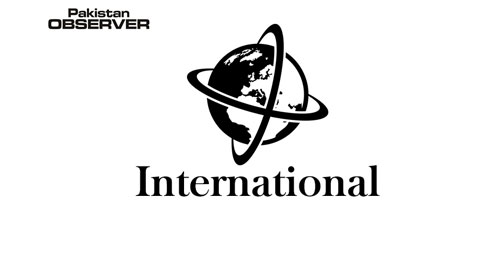The Allahabad high court in India has called upon New Delhi to look into implementing the mandate of Article 44 of the Indian Constitution, which says that the “state shall endeavour to secure for the citi-zens a uniform civil code throughout the territory of India”, Hindustan Times reported.
“The UCC is a necessity and mandatorily required today. It cannot be made ‘purely voluntary’ as was observed by Dr BR Ambedkar 75 years back, in view of the apprehension and fear expressed by the members of the minority community,” news portal livelaw quoted the court as saying.
The court was hearing a set of 17 petitions moved by interfaith couples, who had approached it, seek-ing registration of their marriages and protection from private respondents, the HT report said, adding that Justice Suneet Kumar said it was the need of the hour that Parliament came up with a “single family code” to protect interfaith couples from be-ing “hounded as criminals”.
“The stage has reached that Parliament should inter-vene and examine, as to whether, the country re-quires multiplicity of marriage and registration laws or the parties to a marriage should be brought under the umbrella of single family code,” the court stated.
Hindustan Times reported that the standing counsel, appearing for the state government, pointed out the petitioners’ marriage could not be registered without an enquiry by the district authority as they did not get the mandatory approval from district magistrate before converting to the faith of their partner for the purpose of marriage.
The petitioners’ representation, however, asserted that citizens have the right to choose their partner and faith and that the conversion took place out of free will.
“Interference by the State or by the private respon-dents (family members) would tantamount to en-croaching upon their constitutional right to freedom, choice, life, liberty and to live life on their own terms as man and woman,” the counsel said.
The counsel added that prior approval of the district authority followed by registration of marriage was not an essential condition before conversion and marriage.
The bench then observed that: “Marriage is just an association of two persons, recognised by law.
There is nothing ‘special’ about marriage to subject it under different laws for various communities, thus erecting barriers in the free intermingling of the citizens. The petitioners, herein, cannot be hounded as criminals.—AP










